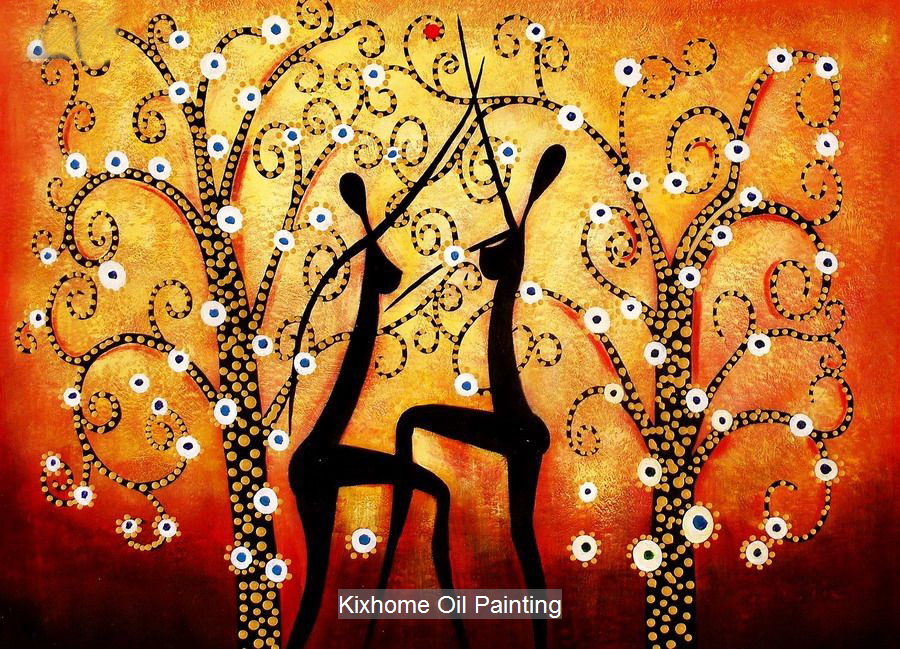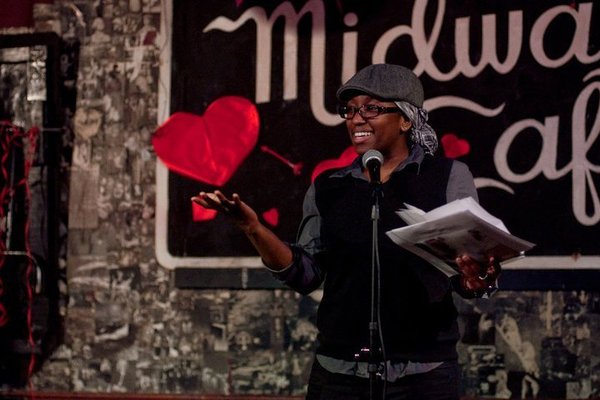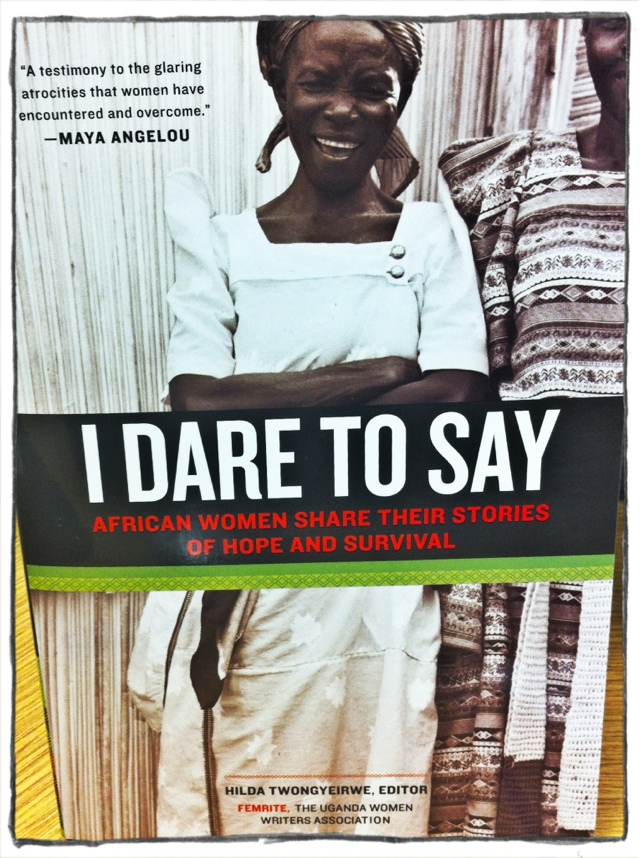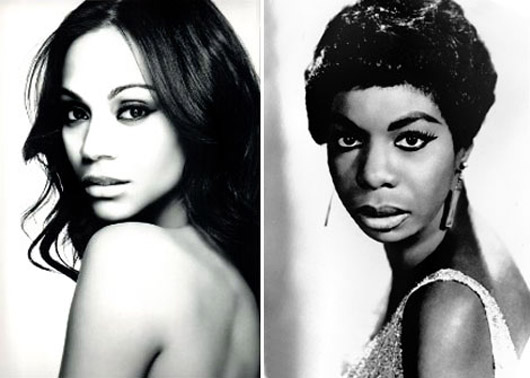Walking the Tight Rope: An African LGBT Anthology seeks poets, writers and photographers within Africa and the Diaspora to share their stories. DEADLINE: April 15, 2014 Please share widely.
-
-
Advocacy - Afrofeminism - Blog - Gender and LGBT Issues - Keynotes, Talks, and Presentations - LGBT Africa - Media - My Work - New Media - Philanthropy - Speaker Services - Thought Leadership
Making It In Media, Accidentally: One Queer African Writer’s Journey to Paradise
My career path in media hasn't been linear or conventional by any means. I went to MIT to study Mathematics, before realizing that I was really an artist. My parents are still in recovery. But everything will work out. It always does. Don't drive your career with someone else's rear…
-
“I Dare to Say” Book Review: A Lesson in Hope and Resilience from African Women
My mother was the kind of woman that would toss harsh truths at you from the other end of the dinner table right before asking you to pass the salt. “I Dare to Say†captures the reality of that kind of resilience – the kind that has learned to live…
-
Zoe Saldana to Star in Nina Simone Biopic: How the Dark vs. Light Skin Debate Misses the Point about Black Women and the Media
In case you missed it, Hollywood is gearing up to release a biopic of Nina Simone, an African-American singer, pianist, and civil rights activists whose music was highlight influential in the fight for equal rights for blacks int he US. Zoe Saldana, a light-skinned Dominican actress has been cast to…



